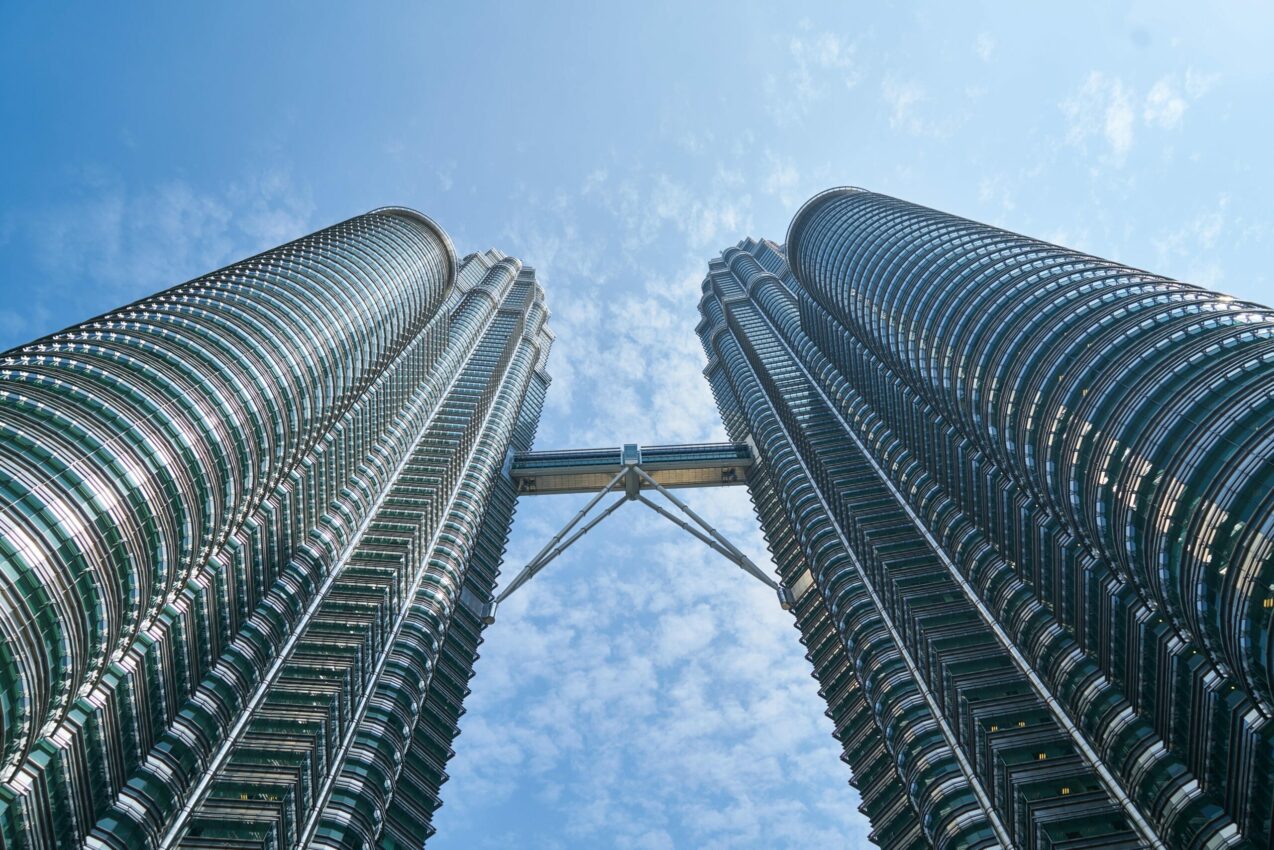Malaysia’s Prime Minister, Anwar Ibrahim, introduced the ‘MADANI Economy: Empowering the People’ as a transformative economic framework aimed at uplifting the nation’s status and enhancing the well-being of its citizens. This comprehensive strategy seeks to steer Malaysia into becoming an economic beacon in Southeast Asia by addressing national competitiveness, investment attractions and living standards.
The Madani Economy has two focus areas namely Economic Leadership and Enhancing Quality of Life. Economic Leadership looks into reinvigorating industries like manufacturing, promoting Malaysia as a top investment destination, fostering green growth, ensuring food security, and positioning Malaysia as a global Islamic economy leader. Meanwhile Enhancing Quality of Life entails job creation, ensuring equal opportunities for all, providing social protection, reforming healthcare and education, upgrading infrastructure and public transportation, and ensuring access to basic facilities such as water, electricity, and affordable housing.
The framework further sets seven key performance indicators as medium-term targets to be achieved within a period of 10 years. The seven indicators are Malaysia being in the top 30 of the world’s largest economies; top 12 in the Global Competitiveness Index; labor income constitutes 45% of total income; women participation in the labor force reaches 60%; top 25 in Human Development Index; top 25 in Corruption Perception Index; and fiscal sustainability with a fiscal deficit of 3% or lower. To ensure the realization of these objectives, several specific initiatives have been proposed, such as reviewing the minimum wage, introducing laws for better work environments, focusing on regional development strategies, and improving public amenities.
(Sources: Business Today; Malay Mail)

